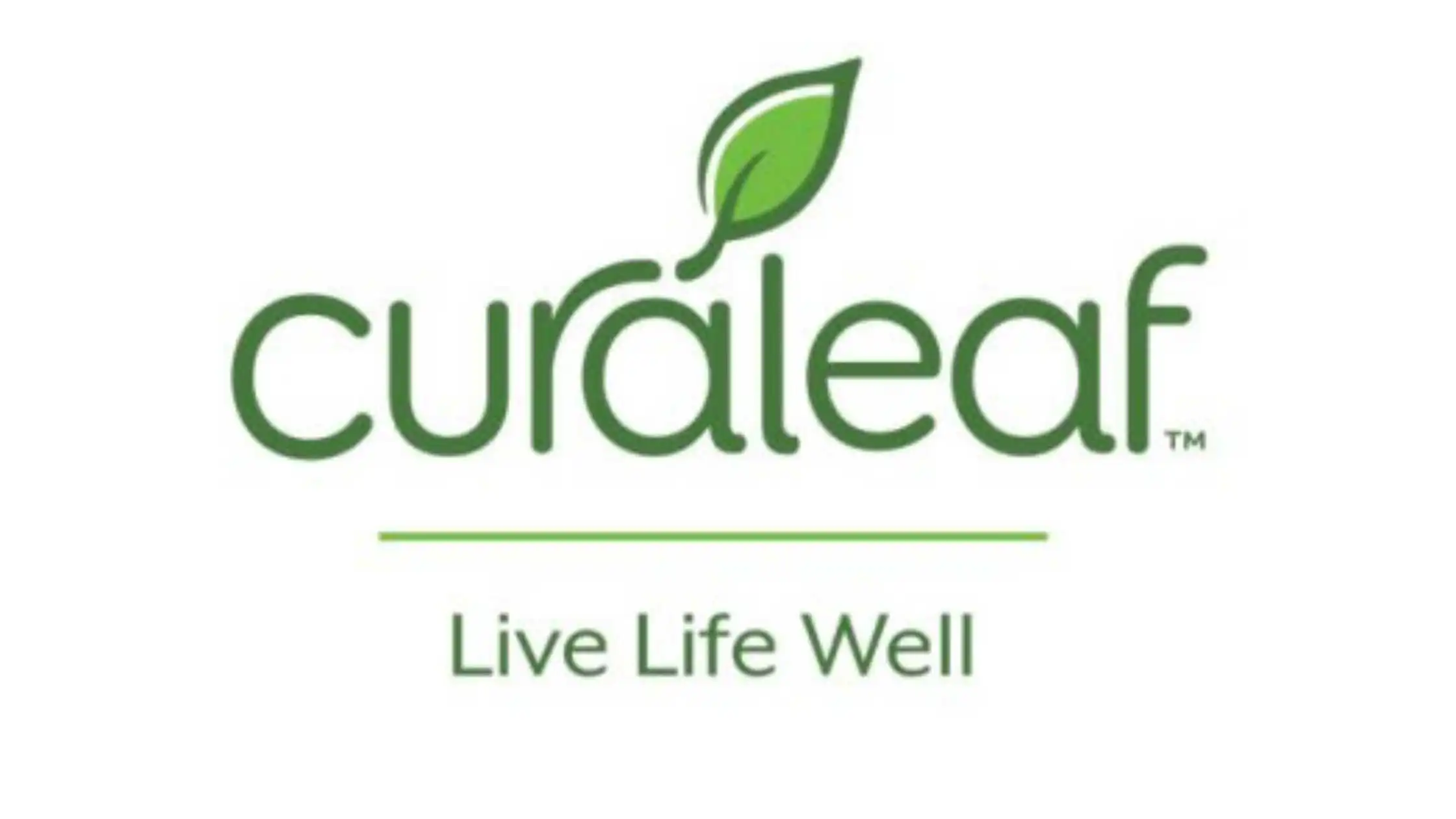The hemp industry is full of optimists. But many think 2022 will bring more challenges for the niche sector, which has been walloped by market volatility in the three years since it became a legal farm commodity.
Hemp Industry Daily asked a variety of hemp insiders to make predictions about the industry’s shape in the new year.
In previous years, hemp operators largely believed that the U.S. government would authorize the sale of over-the-counter CBD and clear regulatory burdens on growing and selling the plant.
That optimism has dimmed considerably after two years of a global pandemic that has stalled progress in the United States, Europe, and the U.K.
But all is not doom and gloom as the hemp industry opens in 2022. Many insiders predict gains in hemp’s fiber and grain sectors, while others anticipate national hemp acreage will stabilize after two years of steep declines.
Here are some 2022 predictions from across the hemp industry. Answers have been edited for length and clarity:
Pulak Sharma
Pulak Sharma, co-founder and co-CEO, Kazmira
There is less than a 5% chance that the FDA will rule on CBD in 2022. Instead, states will make their own rules to manage CBD products.
In addition, significant industry consolidation will occur next year. Vertical integration and a robust supply chain will be important factors in determining market success.
2022 will likely see a crackdown on delta-8 THC, and its market share will significantly shrink.
There will be a greater focus on research and development for cannabinoid efficacy and dosages in topical applications.
Fabiola Jimenez
Fabiola Jimenez, attorney, Cultiva Law
The hemp industry will lean more heavily towards utilizing hemp fiber in textiles and (be treated) like any other agricultural commodity.
I also believe that there will be a push towards the ‘farm-to-table’ trend, where people will demand more local hemp products and try to focus on supporting hemp products that come from organic sources or sources with reputable growing/processing methods or simply hemp sources that align with a customer’s personal beliefs.
Zev Paiss
Zev Paiss, chairman, Fiber & Hurd Council, Hemp Industries Association
2022 will usher in the official start of widely available hemp-building materials.
This will include hemp batt insulation, hemp flooring, hemp exterior sheathing similar to oriented strand board (OSB) or OHB, composite decking materials with hemp filler, and various hemp paper products.
All of these materials have been in the research and development stage for a year or more and will be commercially available in 2022.
Patrick McCartan
Regenerative industries will be instrumental in delivering the United Nations’ Sustainable Development Goals – with regenerative agriculture being the foundational changemaker – and hemp leading the way in disrupting the food, fashion, fabrics, fiber, fuel, farming, pharma and finance industries.
Hemp will be a useful crop resource in ways beyond farming. The plant’s ability to survive in infertile soil, combined with having energy-packed seeds, makes it an affordable biofuel with a 97% biodiesel conversion rate.
Fabrics made from hemp fiber, with UV-protective and antibacterial properties, provide fashion brands worldwide with a new story to tell their consumers.
Frederick Cawthon
Frederick Cawthon, president of Hemp Alliance of Tennessee
Despite bipartisan support for the various hemp-related bills under consideration, no major legislation will pass due to a dysfunctional United States Congress. Also, there has yet to be a positive movement from the FDA.
Anticipate continued pushback on delta-8 THC and other minor cannabinoids from states. There will, however, be a surge in full-spectrum delta-9 THC products.
COVID-19 continues market volatility, impacting tradeshow and expo attendance. Online retailers should continue experiencing an uptick in e-commerce sales.
Supply-chain constraints level out by Q3. However, labor and inflationary pressures persist.
More brands will incorporate Non-Fungible Tokens (NFTs) into their business model.
Shawn Hauser
Shawn Hauser, attorney, Vicente Sederberg
In the FDA’s absence, the states and the industry will continue gathering information to inform the best approaches to defining intoxicating products, serving size limits and safe production processes, and determining whether and how certain hemp products fit with cannabis regulatory systems.
With Congress considering multiple federal cannabis legalization proposals that would regulate cannabis and the maturation of state markets differently compared to hemp, we must also take a closer look at how hemp regulation harmonizes with broader cannabis regulation.
Unfortunately, absent federal guidance could result in a more complicated state patchwork than the current one.
Julie Lerner
Julie Lerner, CEO, PanXchange
Industrial (non-cannabinoid) hemp product demand will outpace the supply of suitable material even as more processing capacity emerges throughout the year.
In the end, we know our acreage and production capacity still need to be ready to tackle large industrial buyers, but demand for ESG products and grower incentives via carbon credits will push more innovators into industrial hemp and other sustainable products.
Also, the cannabinoid market will continue its slow path toward understanding that this wonderful product is a small ingredient in the vast consumer products markets.
Vincent Gillen
Vincent Gillen, vice president of sales, Global Widget
In retail, the “CBD category” will broaden to a “hemp-derived cannabinoids” category. Within this category, delta-8 and delta-9 THC products will become more prevalent, while the number of CBD products includes known sellers.
CBD gummies will continue to dominate as consumers’ most popular product form.
For delta-8, 60% of product sales will be gummies, with vape products making up the rest. Gummies will account for 90% to 95% of delta-9 product sales.
Finally, the competition between retailers and licensed dispensaries will intensify because of the popularity of low-THC, hemp-derived products available to consumers at local retail stores.
Liz Geiselman
Liz Geiselman, chief brand officer, 710 Spirits Extraction Products
When thinking about what 2022 might hold for the hemp industry, I cannot help but think about the conversion of CBD isolate to novel minor cannabinoids such as delta-8 THC, delta-10 THC and THC O-Acetate.
We have yet to see the end of new compounds being introduced to the market. Given the lack of oversight and potential public safety concerns, the federal government will regulate or try to stop the production of these products.
On a different note, keep your eye on the FDA! Dr. Robert Califf has recently been nominated to be an FDA Commissioner. Every indicator points to him not making any big moves on CBD, but he has deep ties to Big Pharma to be aware of.
Disclaimer: https://hempindustrydaily.com/consolidations-and-crackdowns-hemp-insiders-predict-a-dim-2022





